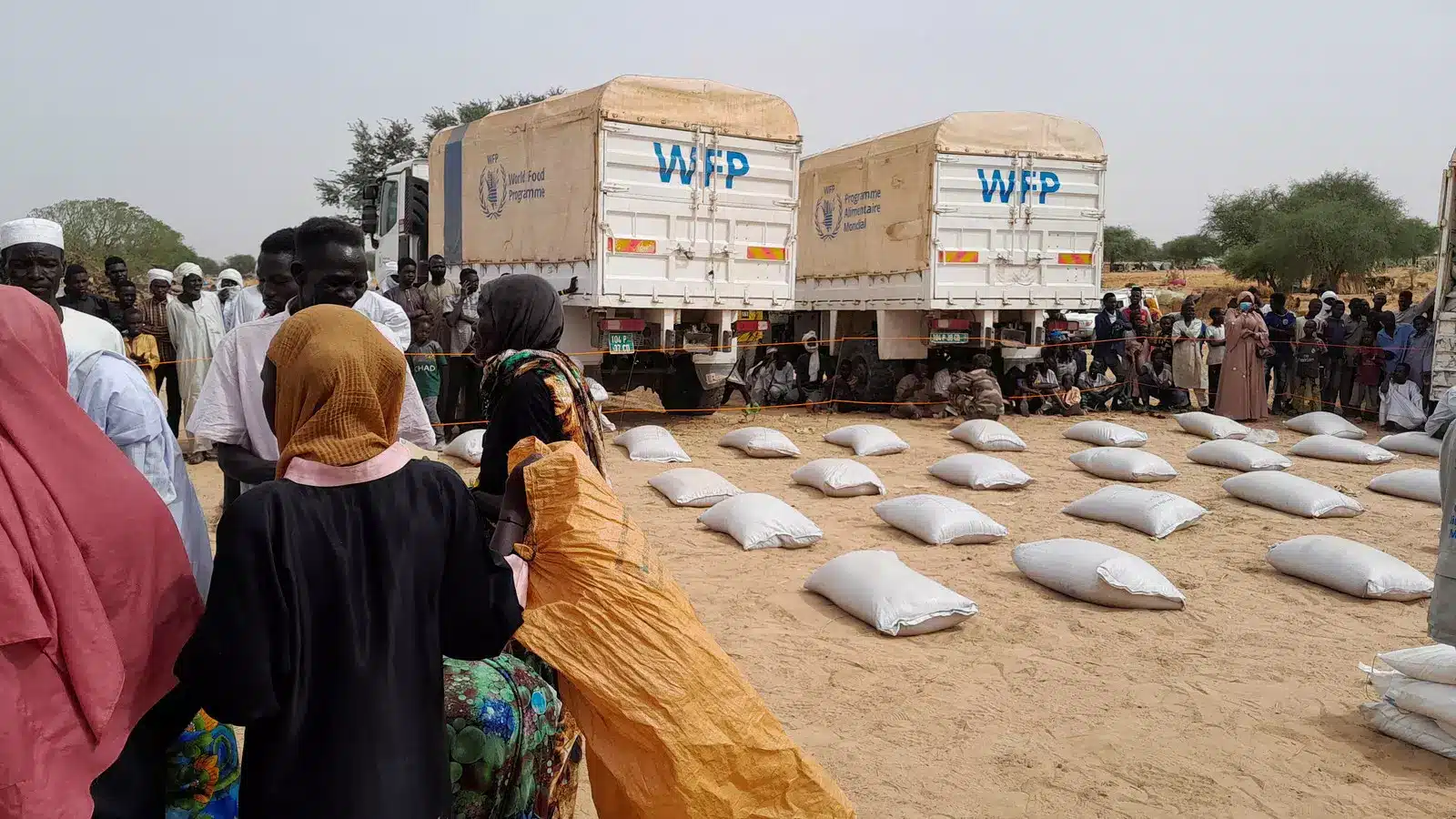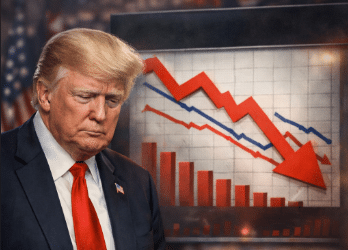A massive food crisis is looming over Sudan nearly one year after fighting erupted between the army and rebel militants, the United Nations has warned, saying that fewer than one in 20 people in the country are able to afford a meal.
The UN’s World Food Programme (WFP) sounded alarms over Sudan’s deteriorating humanitarian situation on Wednesday, arguing the conflict risks triggering “the world’s worst hunger crisis” as millions sit on the brink of famine
“Across the war-torn country, 18 million people are acutely food insecure and five million now face starvation. Restricted in their movements by ongoing violence and interference from warring parties and severely underfunded, humanitarian aid workers can barely help those in need,” the body said, adding that some 14 million Sudanese children are now in “desperate need” of aid.
With more than 600,000 refugees fleeing the fighting to South Sudan, the WFP noted that one in five children at border transit centers suffered from malnutrition.
Last month, the government opted to block cross-border aid to Sudan’s vast Darfur region – which has been among the worst-hit by the 11-month war – a move decried as a potential war crime by the United Nations.
“The apparently deliberate denial of safe and unimpeded access for humanitarian agencies within Sudan itself constitutes a serious violation of international law, and may amount to a war crime,” said Volker Turk, UN high commissioner for human rights.
Sudan’s conflict broke out last April following a dispute between the paramilitary Rapid Support Forces (RSF) and the Sudanese army, which had demanded the RSF integrate with the military
Formed from the remnants of the Arab Janjaweed militia which helped to put down a previous rebellion in Darfur in the early 2000s, the RSF has similarly faced repeated allegations of atrocities, including ethnic violence, massacres, rape and torture. The militia was also deployed to Yemen to fight Houthi militants alongside Saudi and Emirati forces starting in 2015, with some 40,000 militia fighters taking part in the conflict at its peak.
The RSF played a role in the 2019 ouster of longtime Sudanese leader Omar al-Bashir, who was overthrown by the military following mass protests over rising living costs and economic stagnation, among other grievances. Though the military junta agreed to a political transition and a transfer to civilian rule was planned for late 2021, yet another coup resulted in the arrest of then-Prime Minister Abdalla Hamdok and other officials, fueling years of instability in lead-up to the ongoing civil war.

































